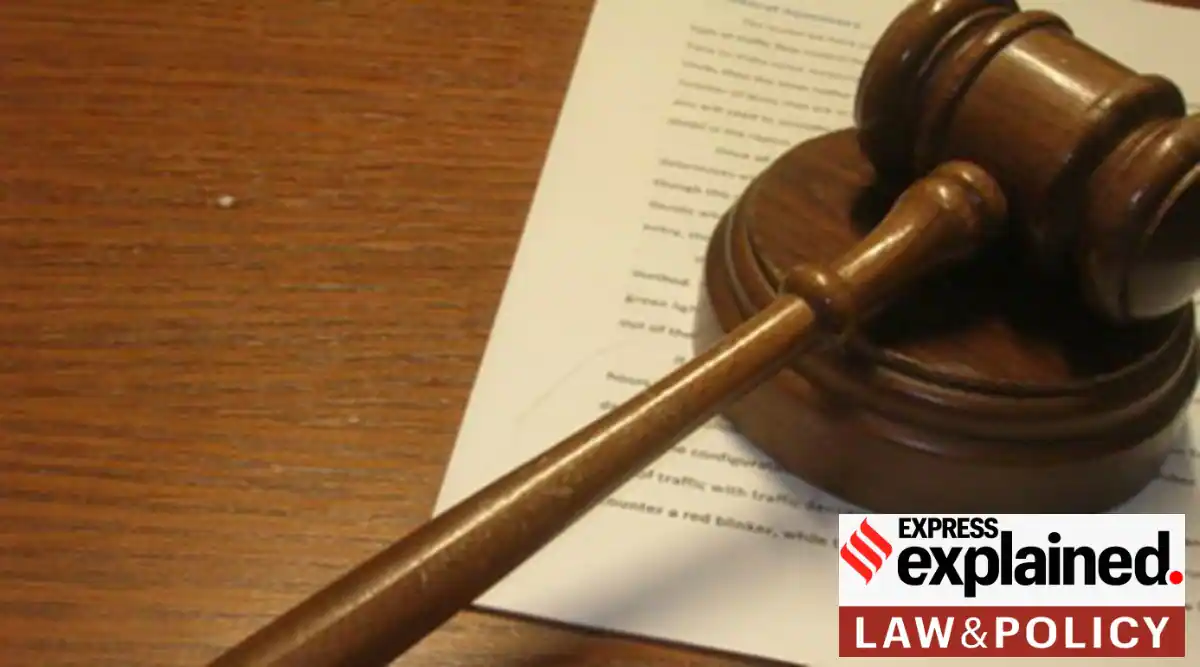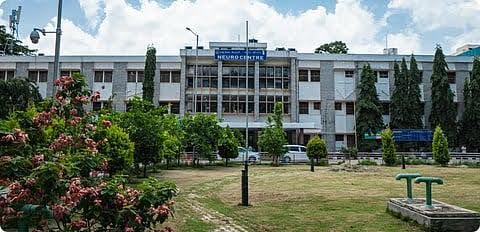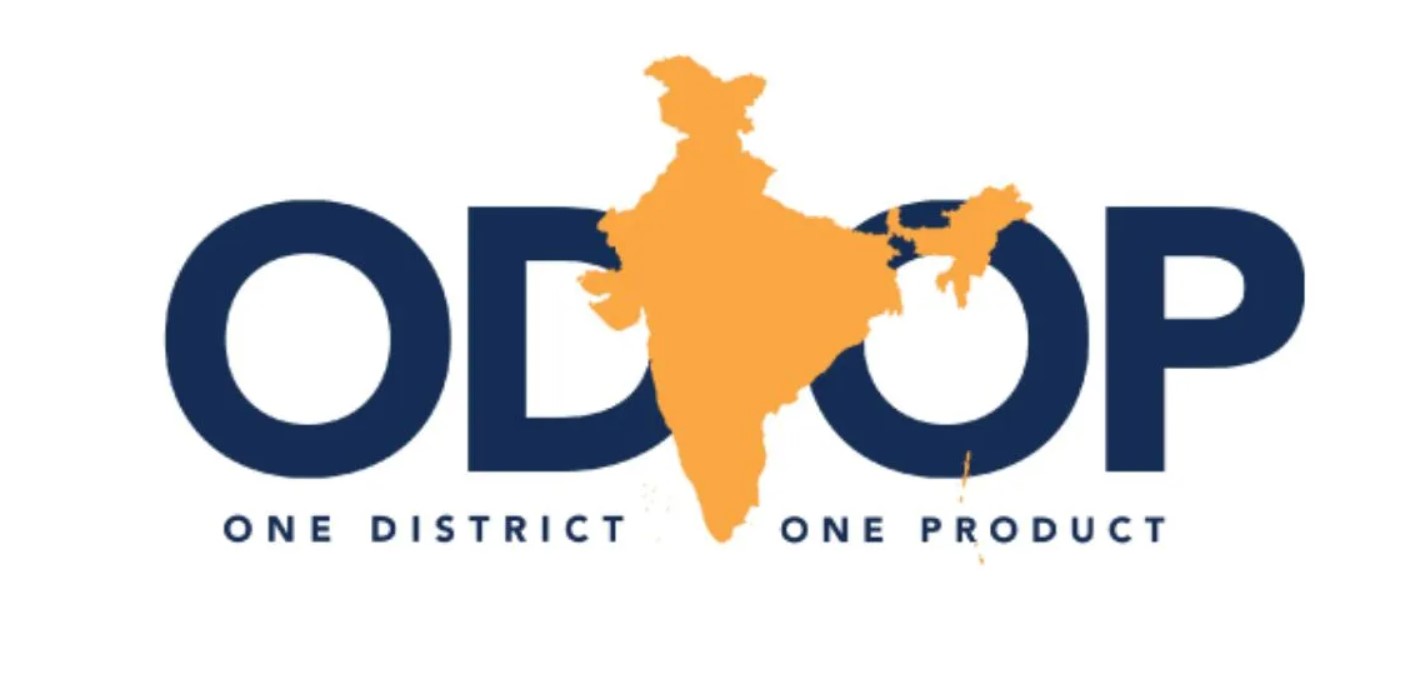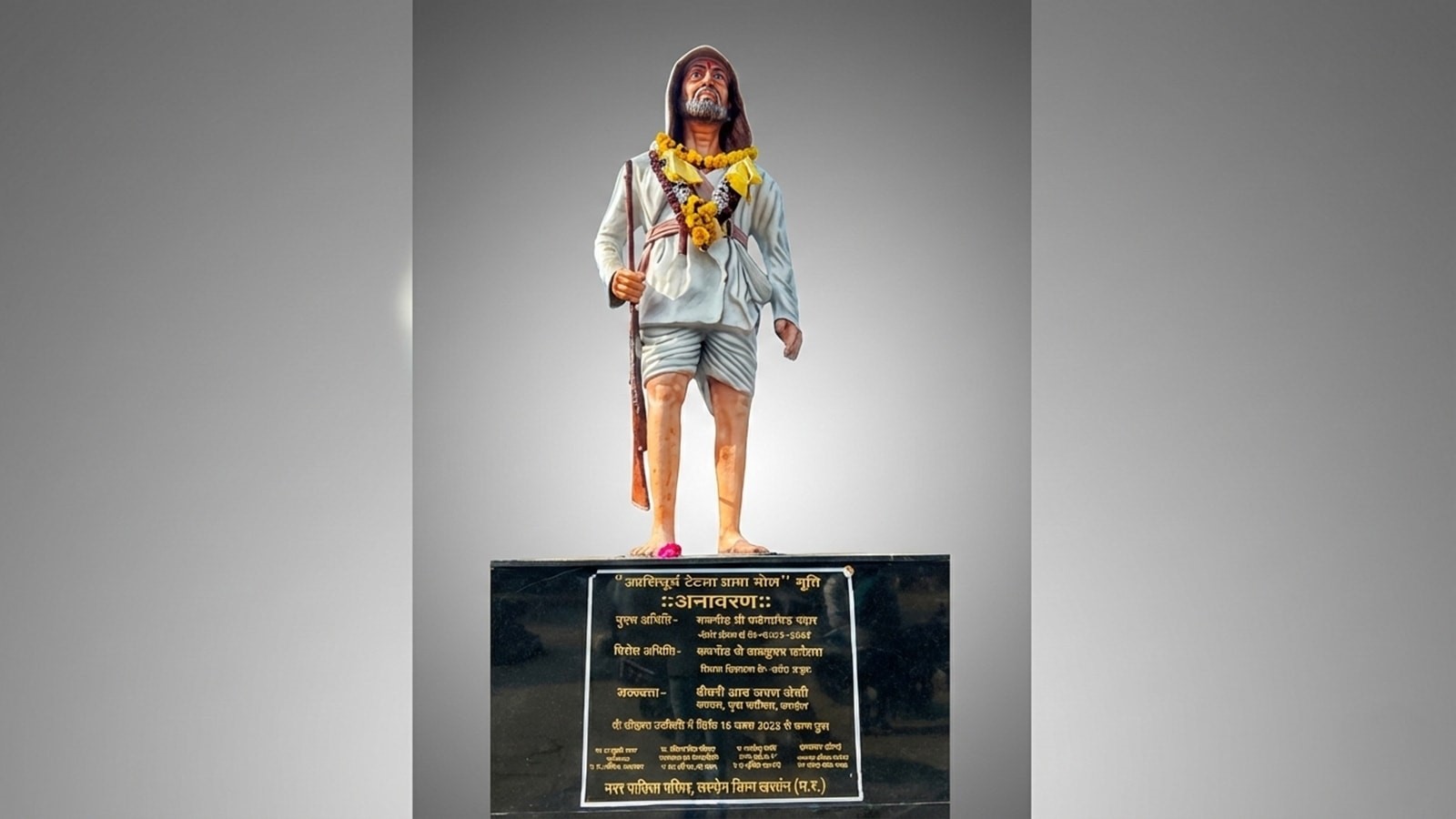Description

Copyright infringement not intended
Picture Courtesy: Indian Express
Context: The constitutional validity of Presidential Orders CO 272 and CO 273, which were instrumental in the abrogation of Article 370, has been a matter of legal and constitutional debate in India. The validity of these orders is being challenged in the Supreme Court of India based on the arguments presented by the petitioners.
Key Highlights
CO 272 (Amending Article 367)
- CO 272, issued on August 5, 2019, amended Article 367 of the Indian Constitution. This amendment changed the reference from the "Constituent Assembly" to the "Legislative Assembly" in Article 370(3), which played a pivotal role in the subsequent steps leading to the abrogation of Article 370.
- The validity of this order has been challenged on the grounds that Article 367 is an interpretative provision and cannot be used to fundamentally alter the Constitution or amend its provisions. The argument is that the insertion of a proviso in Article 367 effectively allowed for changes to Article 370 without adhering to the formal process required for constitutional amendments under Article 368.
CO 273 (Operationalizing the Abrogation)
- CO 273, issued on August 6, 2019, operationalized the recommendation made by the Rajya Sabha (the upper house of Parliament) to abrogate Article 370. This proclamation essentially sealed the abrogation of Article 370 and the reorganization of the state of Jammu and Kashmir into two union territories.
- The validity of this order is being challenged on multiple grounds, including the manner in which it was recommended by the Rajya Sabha and the legality of the recommendation given that the state was under the President's Rule at the time. The petitioners argue that Rajya Sabha's recommendation, made on behalf of the Governor during the President's Rule, was unlawful and violated the principles and safeguards of Article 370.
Constitutional Principles involved
- The core legal arguments in these challenges revolve around the principles of constitutional interpretation, separation of powers, and the procedure for amending or altering the Constitution. The petitioners assert that the use of Article 367 to effect substantive changes to Article 370 goes beyond the scope of interpretative powers and violates the constitutional procedure for amending the Constitution.
Arguments presented by the Petitioners
- Constituent Assembly's Dissolution: The petitioners argued that once the Constituent Assembly of Jammu and Kashmir ceased to exist, the President could not legally revoke Article 370 by order. This is because Article 370(3) stipulated that the President could issue notifications regarding Article 370 based on the recommendation of the Constituent Assembly of the state.
- Permanency of Article 370: The petitioners contended that the Jammu and Kashmir Constitution granted permanency to Article 370 after the dissolution of the Constituent Assembly. They argued that without a Constituent Assembly, the President did not have the authority to exercise powers under Article 370(3).
- Legislative Assembly's Power: The petitioners highlighted that the Jammu and Kashmir Constitution explicitly prohibited the introduction of any Bill to alter the application of the Indian Constitution to the state. They argued that Presidential Order CO 272 (issued in 2019) could not confer the power on the Legislative Assembly to recommend the abrogation of Article 370. Therefore, according to their argument, neither the Jammu and Kashmir Assembly nor the Indian Parliament had the authority to undo Article 370.
- Validity of Article 367 Use: The petitioners contended that Article 367, which deals with the interpretation of the Constitution, has inherent limitations and cannot be used to issue a Presidential Order like CO 272. They argued that Article 367 is meant for interpretation, not for making substantial amendments, which should be done through Article 368.
- Role of the Governor during President's Rule: The petitioners argued that the second proclamation (CO 273) issued by the President on August 6, 2019, which sealed the abrogation of Article 370, was based on the recommendation of the Rajya Sabha and the Governor of the state. They contended that the Rajya Sabha could not assume powers on behalf of the Governor during the President's Rule and that the entire process leading to the President's Rule in Jammu and Kashmir in 2018 was unlawful.
- Unlawful Exercise of Article 356: The petitioners asserted that how Article 356 (which deals with the imposition of President's Rule) was exercised amounted to a "fraud on the Constitution." They argued that the safeguards provided in Article 370 could not be bypassed by the President through the imposition of President's Rule under Article 356.
The constitutional validity of CO 272 and CO 273 depends on how the Supreme Court interprets these legal and constitutional principles in light of the arguments presented by both sides. The outcome of the case will have far-reaching implications for the interpretation of the Indian Constitution and the extent to which provisions like Article 370 can be amended or abrogated.
Must Read Articles:
ARTICLE 370: https://www.iasgyan.in/daily-current-affairs/article-370
|
PRACTICE QUESTION
Q. How does the historical background of Jammu and Kashmir's status impact India's security and internal security? Describe the government's actions taken to address the challenges arising from this situation. What are the potential strategies and initiatives that can be pursued to ensure lasting peace and stability in the region?
|

https://indianexpress.com/article/explained/explained-law/before-sc-in-article-370-case-constitutionality-of-co-272-273-8915317/











